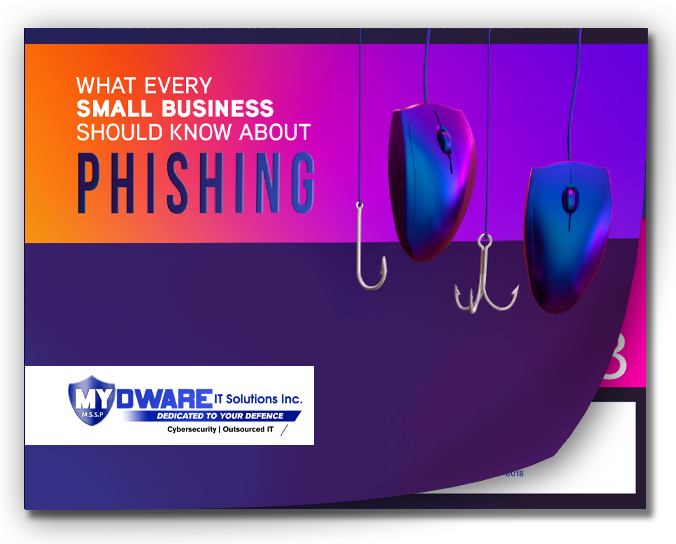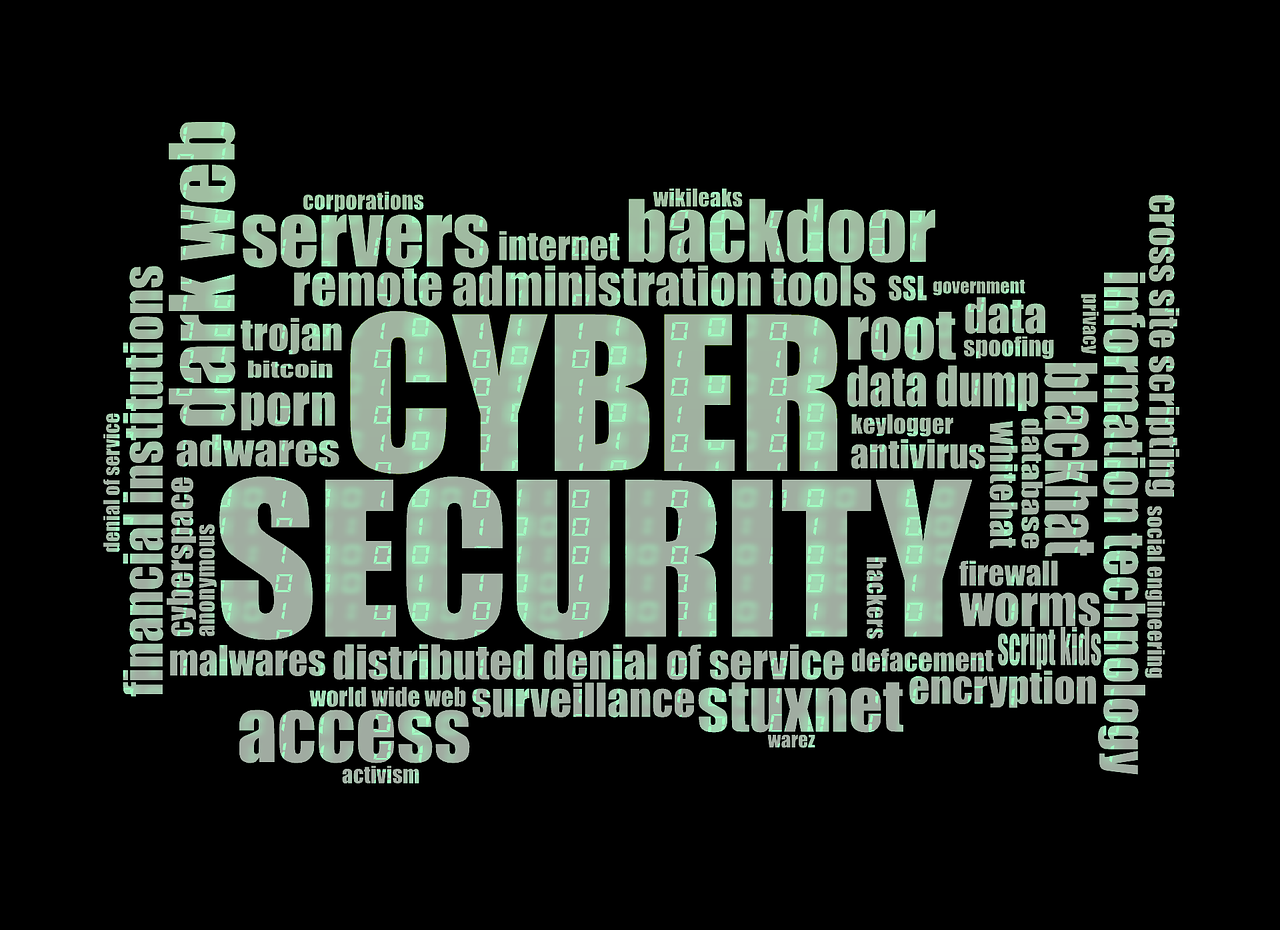
It happens all the time—you just need a quick file conversion, so you search online for a free tool, click “download,” and get the job done in minutes. But that one click could quietly install ransomware or spyware onto your system without you realizing it.
If you’re not sure your current tools are safe, it’s time to review your setup. Book a FREE cybersecurity risk assessment today and find out if hidden threats are already in your network.
Why “Free” File Tools Aren’t Always Free
Free online converters often work exactly as promised—turning documents, images, or presentations into a new format. But cybercriminals are now using these tools as a disguise for more dangerous software.
Some rogue tools deliver malware in the background, while still completing your file conversion. In many cases, the real payload is ransomware—locking your files and demanding payment to get them back. If you haven’t already read about the most overlooked facts about ransomware, you might be surprised by how often these attacks succeed.
The Hidden Dangers Behind These “Helpful” Tools
Cybercriminals count on you being in a rush, which is why risky tools can be so convincing. Below are three major risks you take when using unverified free software.
1. They Can Install Malware Without Your Knowledge
Malware is malicious software designed to harm your system, steal your data, or spy on your activity. It runs silently in the background, making it hard to detect until it’s too late.
2. They Can Encrypt Your Files for Ransom
Ransomware is especially dangerous because it locks your files until you pay up, often in cryptocurrency. It’s like a thief putting your business documents in a safe and charging you to get the key.
3. They Can Steal Sensitive Information From Uploaded Files
Some tools scan and extract data from the files you upload. If those files contain client details, banking info, or employee records, you’ve just handed criminals valuable intel.
Why They’re So Hard to Spot
The real problem is these tools often look—and act—completely legitimate. They deliver the promised conversion, which lowers your suspicion.
This is the same trick behind other malware campaigns designed to frustrate users into giving up information, like annoying malware attacks that pressure you into sharing login credentials.
And unlike random overseas hackers, some threats can be avoided entirely by sticking with local IT support that understands your business environment.
Protecting Your Business Before It’s Too Late
You can’t control what cybercriminals put on the internet, but you can control what your team downloads. The safest choice is to use trusted, professional software from known providers—not whatever comes up first in a search.
If you’re not sure which tools are safe, we can help you set up secure, vetted alternatives for your team. Book a FREE cybersecurity risk assessment now and make sure your business isn’t one click away from a costly ransomware attack.
Darryl Cresswell
CEO & President
MYDWARE IT Solutions Inc.




